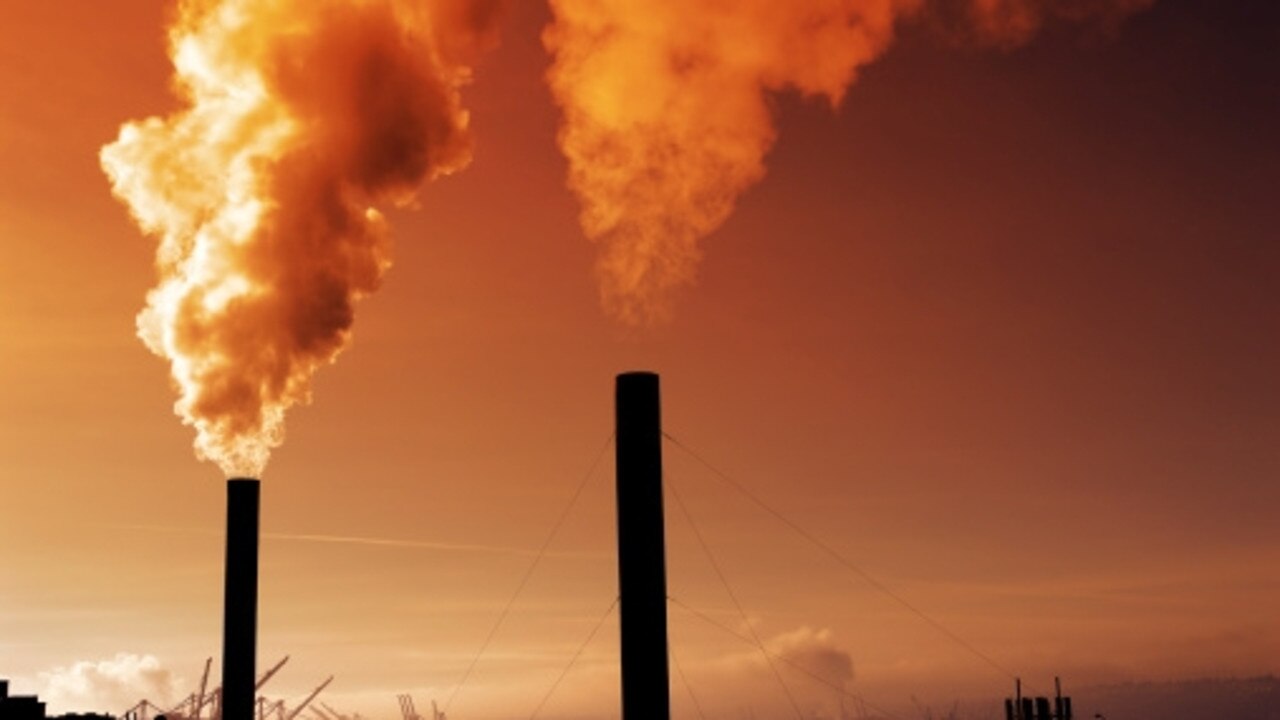Barack Obama acknowledges Tony Abbott’s climate action mandate
BARACK Obama has offered an olive branch to Tony Abbott on climate change, noting the PM had won a mandate to get rid of the carbon tax.

BARACK Obama has offered an olive branch to Tony Abbott on climate change, conceding the Prime Minister won a mandate in 2013 to get rid of the carbon tax.
But Mr Obama, who discussed climate change with Mr Abbott at the White House, urged Australia and other nations to adopt “ambitious domestic climate policies as the basis of a strong international response’’.
The two leaders agreed climate change would be an issue for discussion at the G20 leaders’ summit in Brisbane, under the topic of “energy efficiency’’ and cleaning up the most polluting power plants.
Mr Obama mentioned the carbon tax, acknowledging that the Abbott government had a clear electoral mandate for a different approach.
Mr Abbott told the President he was committed to delivering Australia’s bipartisan target of cutting emissions by five per cent by 2020 by spending $2.5 billion on his direct action plan.
He later told the Nine Network that by 2020 Australia would have an “overall reduction of some 20 per cent in our emissions off a business-as-usual model’’.
Mr Abbott said earlier he had had “constructive and genial” talks on climate with Mr Obama, citing his direct action plan and the rising petrol excise as examples of Australians “doing the heavy lifting”.
Mr Obama, whose efforts to legislate a carbon price have been blocked by congress, is spruiking new air quality regulations forcing electricity generators to cut their emissions.
Mr Abbott said he had “a very constructive and genial discussion” with Mr Obama about climate change “because we all want to do the right thing by our planet”.
“I regard myself as a conservationist. Frankly we should rest lightly on the planet, and I’m determined to ensure we do our duty by the future here,” Mr Abbott told ABC Radio after the meeting.
“We wouldn’t be putting $2.5 billion on the table to fund direct action measures against climate change if we weren’t serious about it, and I think that it needs to be remembered that in an American context our direct action policy would be the equivalent of a $40 billion fund and that’s serious money.
“In Australia, taxes on petrol are about $1.50 a gallon. In the United States, taxes on petrol are 40 cents a gallon. So, we are doing far more, if you like, to reduce at least those emissions than the United States and I think that we can say that we are doing the heavy lifting.”
The May budget included the reintroduction of indexation to the petrol excise, which is levied on motorists for the cost of maintaining public roads.
Mr Abbott said critics should not “run around pretending there is disagreement” between the nations on climate change “where none exists”.
“What the US has done recently is actually very similar to what the Coalition is proposing to do,” Mr Abbott said.
The carbon tax is likely to be repealed when the Senate changes after July 1, although it is unclear whether the Coalition’s direct action policy will be passed into law.
The policy is opposed by Labor and the Greens and will need the support of at least six crossbench senators to pass, including from the Palmer United Party.
Labor environment spokesman Mark Butler yesterday said: “Tony Abbott’s refusal to accept the importance and urgency of climate change is pushing Australia further out of step with the world.”
With AAP


